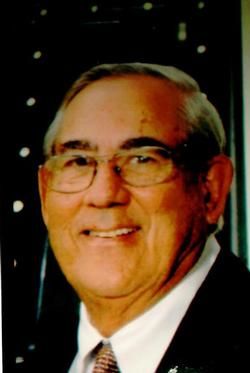
William Marmande Sr.
March 19, 2015
Xavier Keion Richard
March 20, 2015By the time you are reading this, the entire celebration of St. Patrick’s Day will be done with. But it was fun while it lasted.
The parade here in Houma – while not very Irish – is a great family activity. There is color and, of course, there are the cabbages and potatoes and such.
Other than this there are few reminders of Irish heritage here specifically, although in New Orleans, which is not far away, the Irish have left their mark in a big way.
The cultural influence with some exceptions did not get very far down the bayou, largely because as the Irish were being exploited in a lot of other places, being the newest kids on the block and all, there were other people who suffered here, whose story is well known.
There were a good number of Irishmen, however, who were involved here for a time, when Louisiana had split from the United States and was part of the Confederacy. Irish volunteers and conscripts, some fresh off the boat just about, were among the occupying forces after the Battle of Georgia Landing in Labadieville, and some were camped in Thibodaux for the duration of the war.
There was also an Irishman who did not wear the blue uniform, but had been involved in a different sort of war, and his path crossed with those of the occupiers in a very special way.
Richard Dalton Williams was born in Dublin in 1822. By the time he was in his early 20s Williams was writing poetry that ran in a newspaper called The Nation, under the name “Shamrock.”
Later, he studied medicine, but he did not stop writing, and in 1848 Williams bought a newspaper in Dublin, a weekly called the Irish Tribune. Its patriotic sentiments ran afoul of the politics regarding England’s subjugation of Ireland. By its sixth issue, the paper was shut by the Brits. Williams was tried for treason and, although acquitted, chose to make his fortune elsewhere.
This is how Richard Dalton Williams made his way in 1851 to America and then to Thibodaux, where he practiced medicine and continued to write.
Some stanzas from a poem called “Dying Girl” provide a glimpse of Williams’ ability:
Before the sun had risen Through the lark-loved morning air, Her young soul left its prison, Undefiled by sin or care.
I stood beside the couch in tears Wh ere pale and calm she slept,
And th ough I’ve gazed on death for years,
I blush not that I wept.
I checked with effort pity’s sighs And left the matron there,
To close the curtains of her eyes And bind her golden hair.”
The time for Williams himself to be mourned came in 1862, due to tuberculosis. But he had lived just long enough to see his countrymen among the forces liberating slaves in Lafourche Parish, and wrote an ode to them.
We have arms, and men, and valor.
Strike
The idol long adored
Waits the doom just gods award h er
To arms
Away
With fire and sword
Irish New Hampshire infantrymen who knew of Williams’ work learned that he had no proper headstone where he was laid to rest at St. Joseph’s Cemetery in Thibodaux, where they were encamped. They pooled their money to have one made of stone.
So the grave of an Irish patriot poet remains marked to this day right in Lafourche Parish, a labor of love gifted by expatriate warriors, strangers in a strange land upon arriving in America, forced to a stranger place called Louisiana, and remains a testament not only to one man but to a brave and poetic nation’s people, which is a lot more fitting than potatoes and cabbages.
JOHN DeSANTIS Senior Staff Writer
The grave marker of Irish poet, patriot and doctor Richard Dalton Williams at St. Joseph Cemetery in Thibodaux, crafted by occupying federal troops in 1862.








